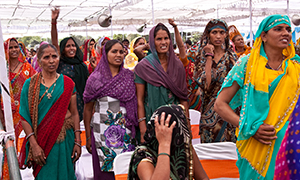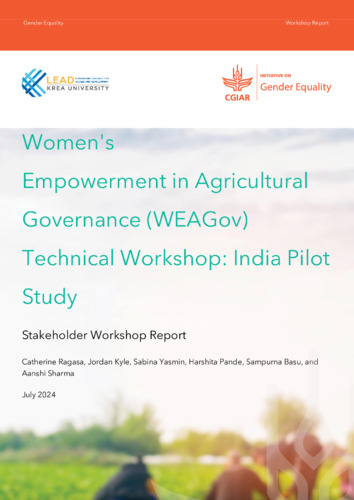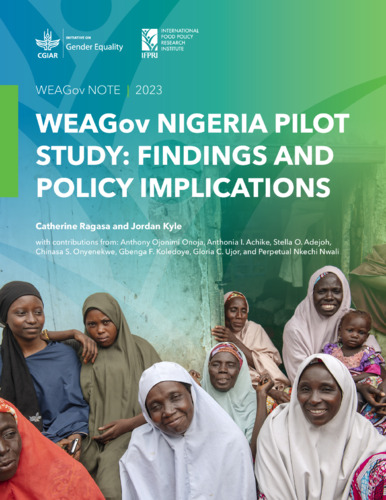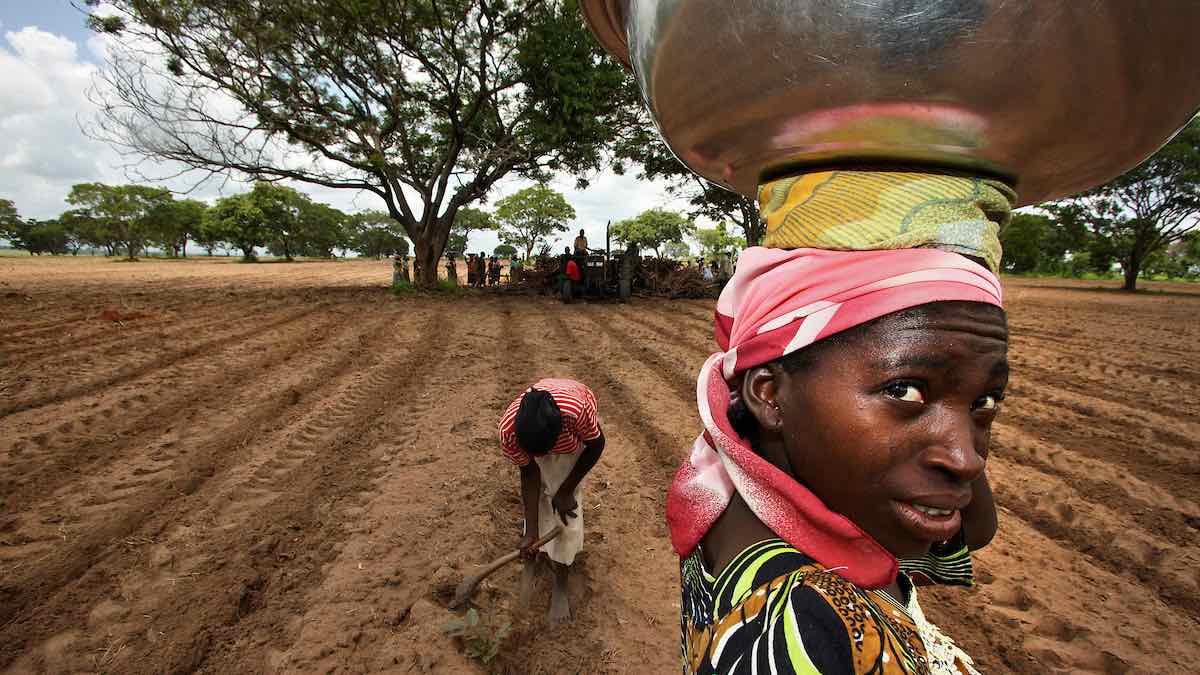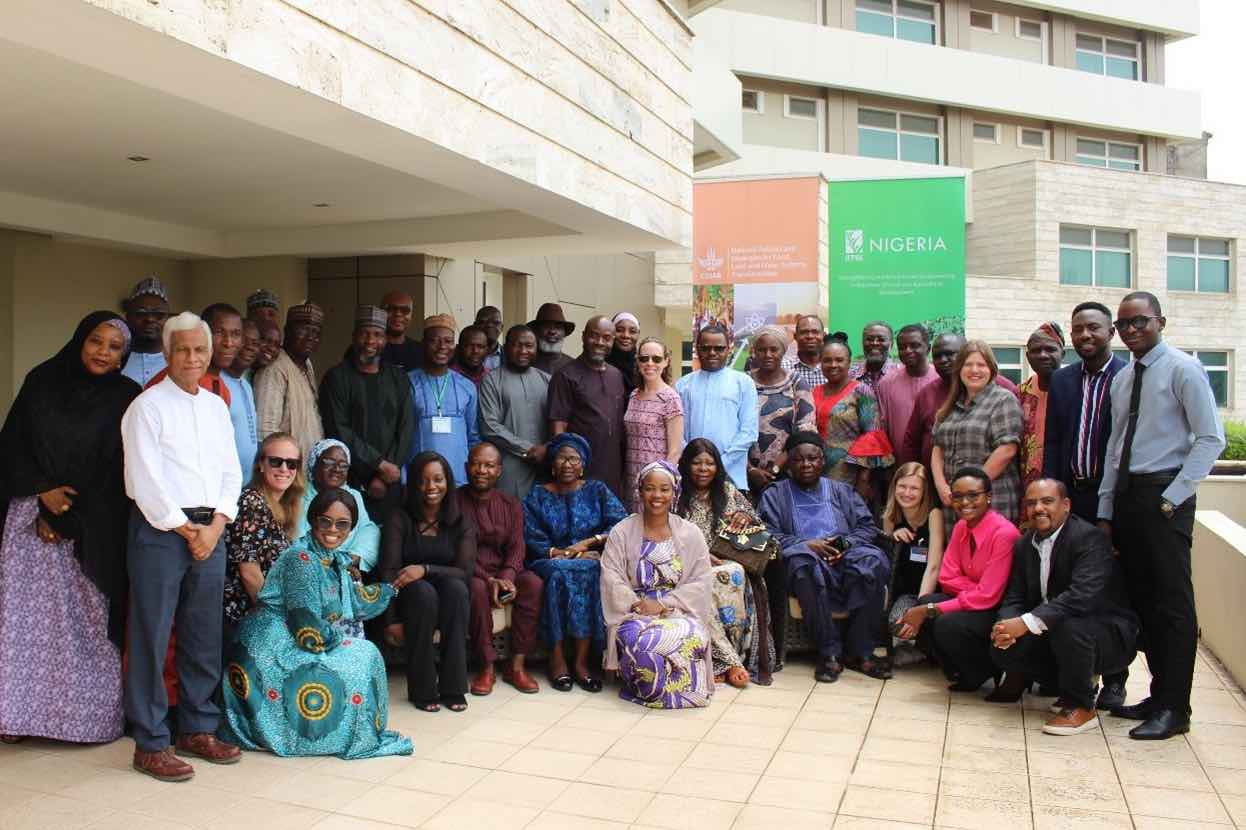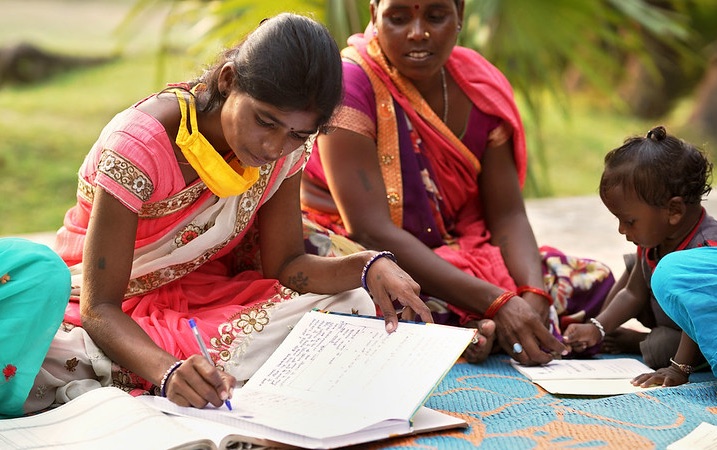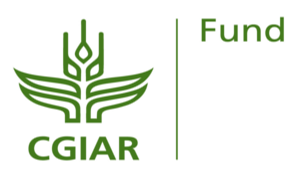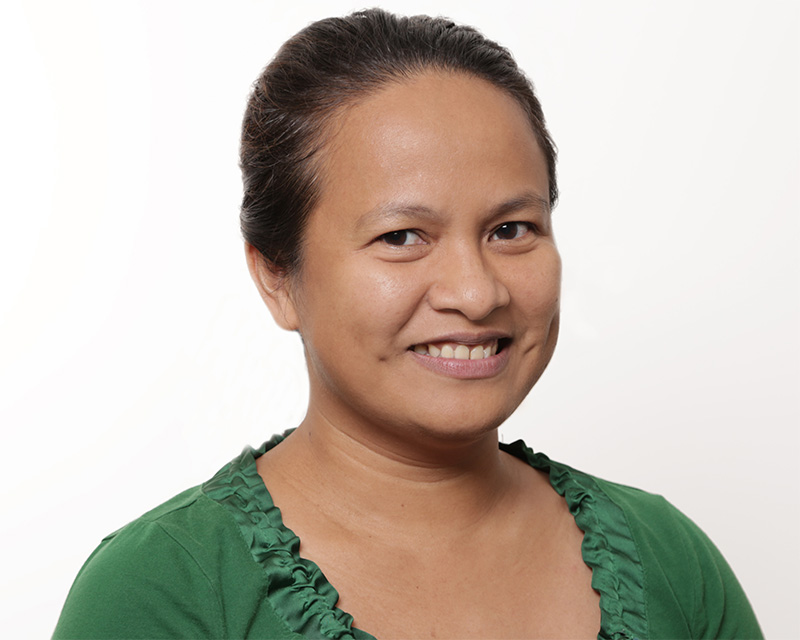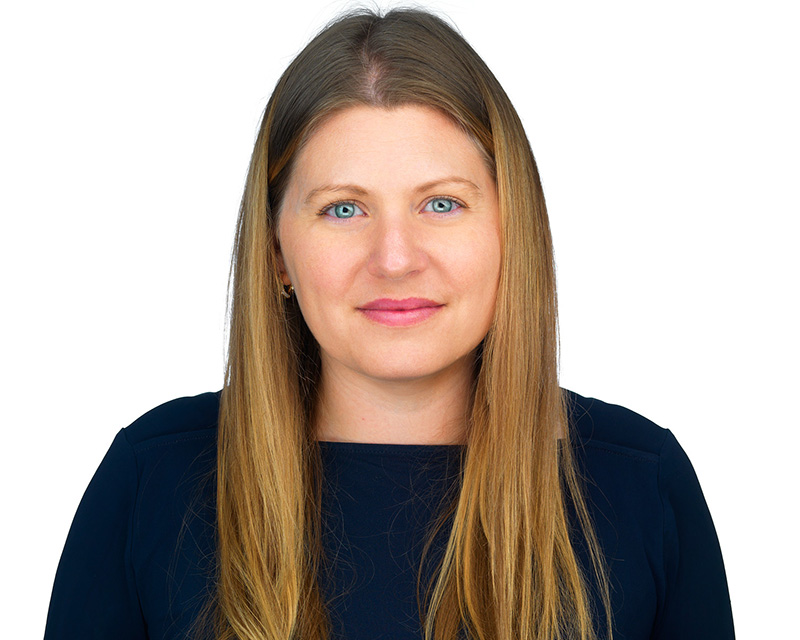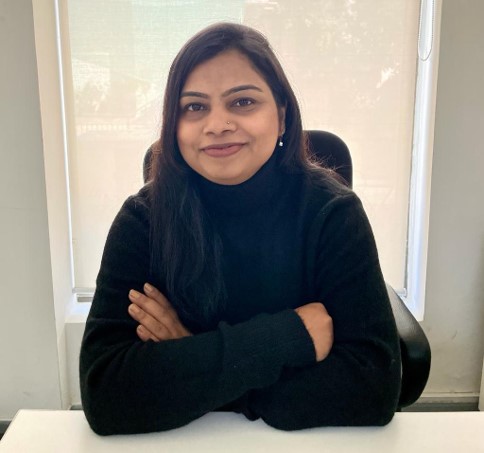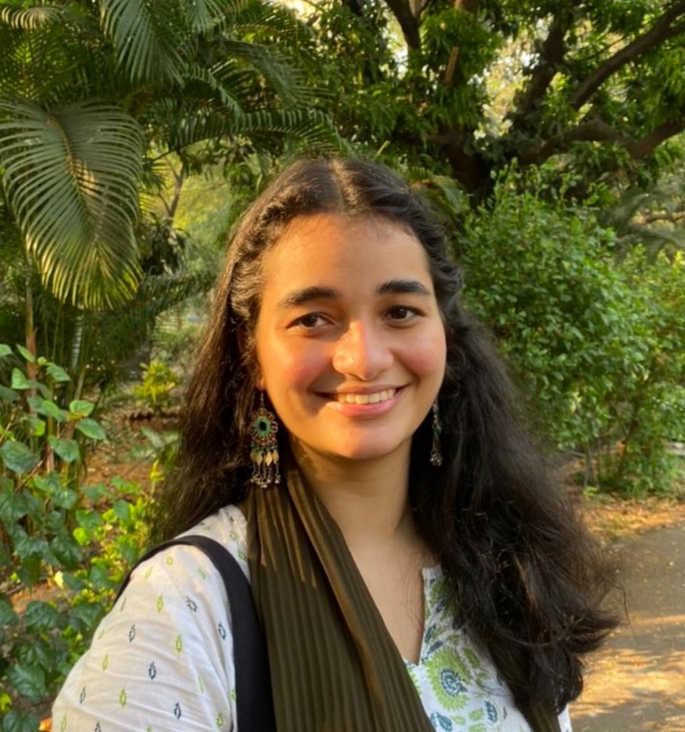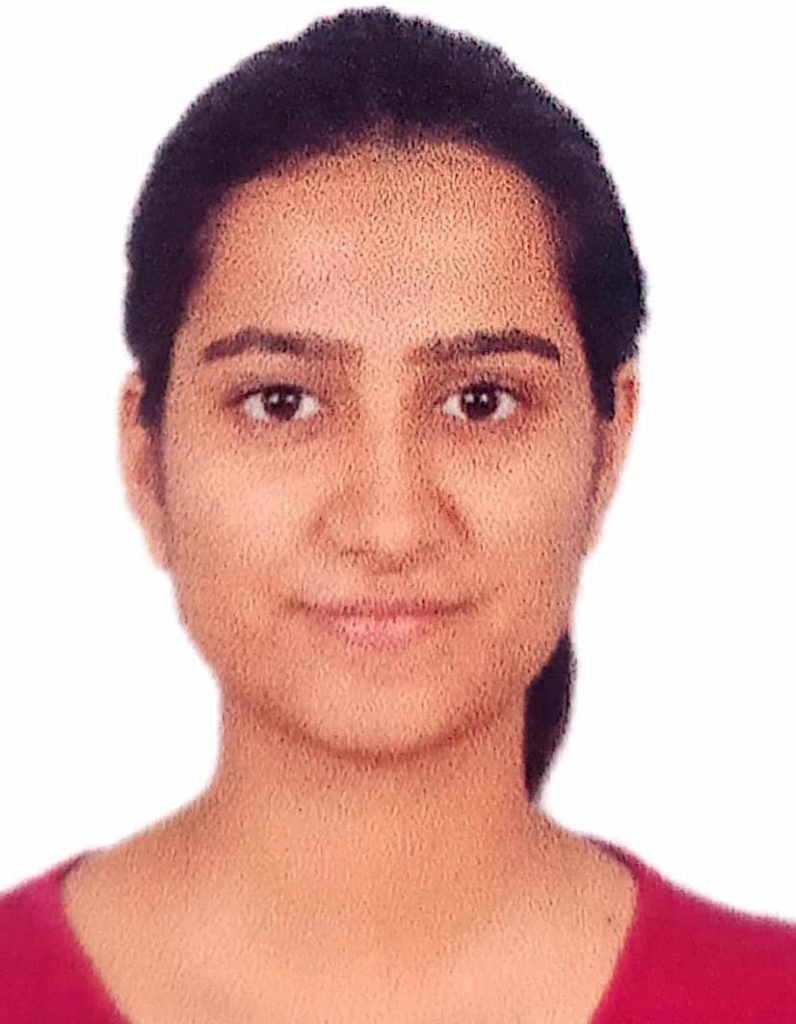The Women’s Empowerment in Agrifood Governance (WEAGov) is an assessment tool developed by IFPRI and partners to help evaluate the extent to which women are empowered across the policy cycle related to agrifood systems. WEAGov provides a way for national policymakers, civil society organizations, and researchers to identify gaps and opportunities to raise women’s voice and agency at different stages of the national policy cycle and provides a basis for monitoring progress in women’s empowerment in agrifood systems governance and related indicators of the Sustainable Development Goals (SDGs).
CLICK TO LEARN MORE ABOUT WEAGov (INTERACTIVE)




